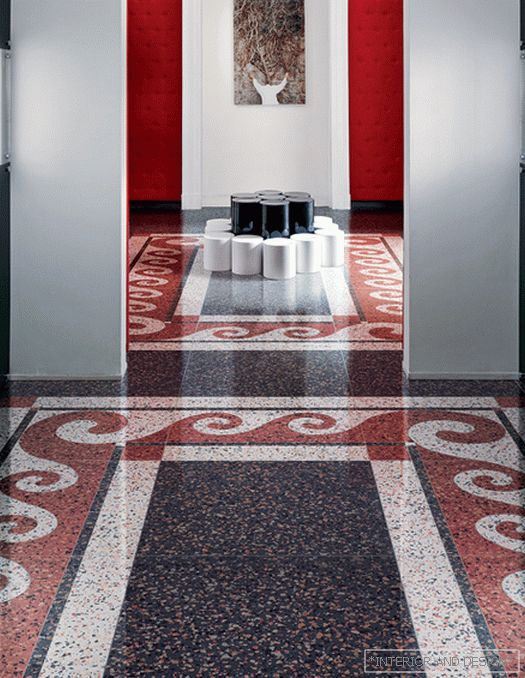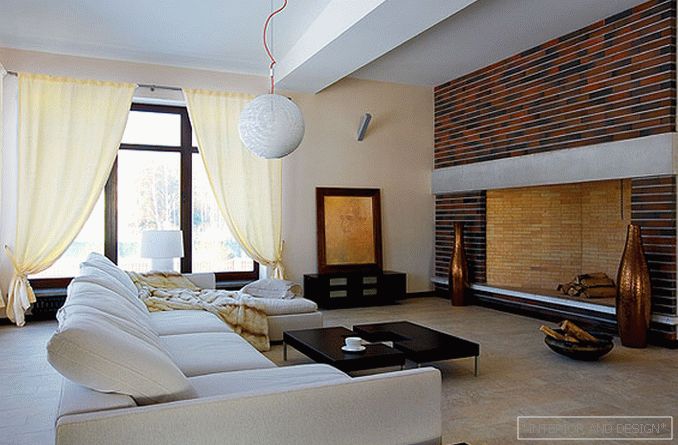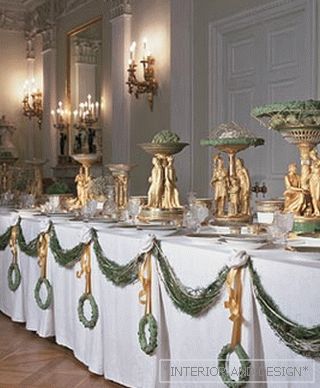The classic style is no longer the same. In a good way. he mutated, mutated and became ... fashionable neoclassical
 Passing the gallery
Passing the gallery Magazine: de Luxe Classic N1 2015
The film “Great Beauty” (released in 2014) tells about the life of modern Roman patricians. A few years earlier, the same director, Paolo Sorrentino, shot another film, Il Divo (in Russian translation, “Amazing”), about Italian Prime Minister Giulio Andreotti. The action of this film also unfolds in Rome. In the "Great Beauty" depicts the life of secular circles, in Il Divo shows the political and financial elite. It turns out a comprehensive picture of the upper stratum of society. These people are immersed in the world of big money, and surrounded by authentic classics. At their disposal (it can be said in everyday use) are the monuments of antiquity, Renaissance, classicism. They grew up on classical art, it is in their genes. The more interesting to look at their home.
The collective image would be something like this: an old villa with caryatids, family crests in cartouches, marble stairs and ... consoles on thin spider legs, pebbled leather accessories, lamps, which have something from the lamps. All this is dull, black and white, for example, covered with matte gold, cherry or marble, shimmering silk or metal chains.
This style is called neoclassical. Each of these things (or similar to them, presented in our review) looks respectable. Each — the standard itself — elegance, taste, and status. And at the same time, in each of them her roots are felt, which allows her to look so organically in the decorations of the Renaissance palace. This is a classic "between the lines." It will turn out to be an oxymoron, but truthful: a classic, however implicit, and so obvious. And, oddly enough, all this would not have appeared if it were not for the genes, not the history of two thousand years. You can compare the neoclassical phenomenon with a person about whom they say "held": he does not ask himself what impression he makes, because everyone already understands that he produces it.
Read the full text in paper or



